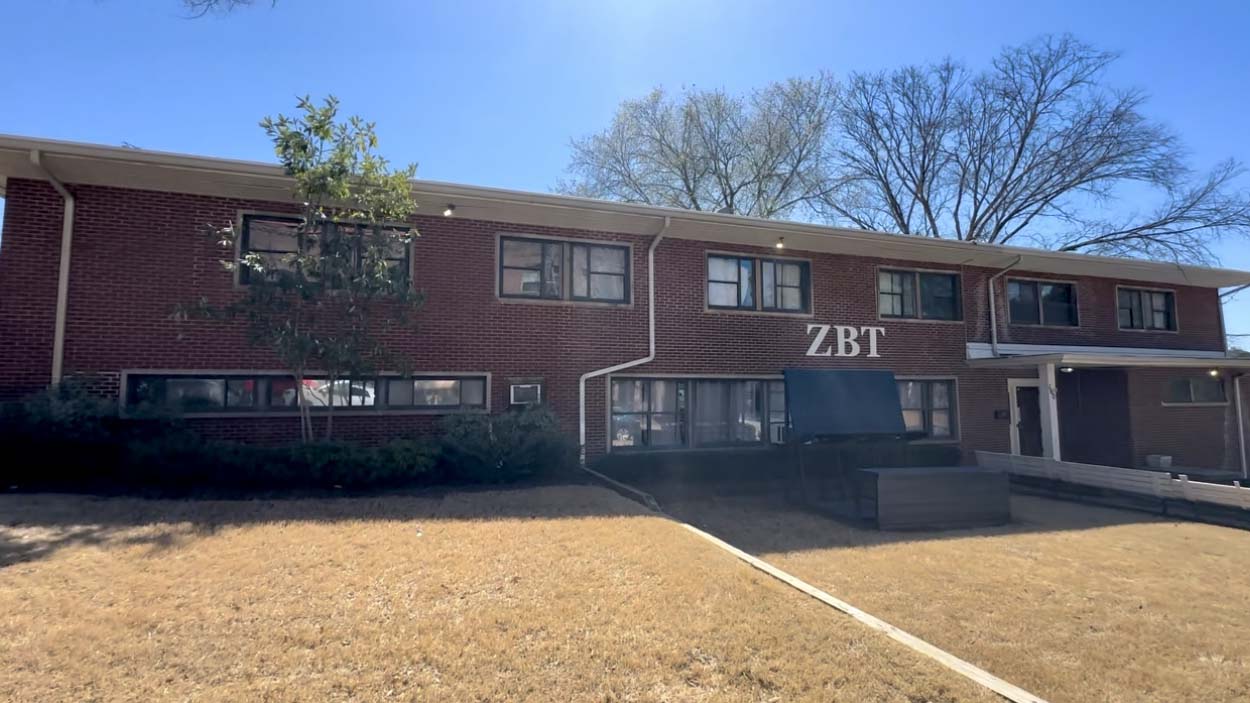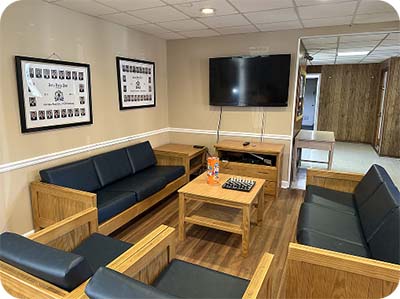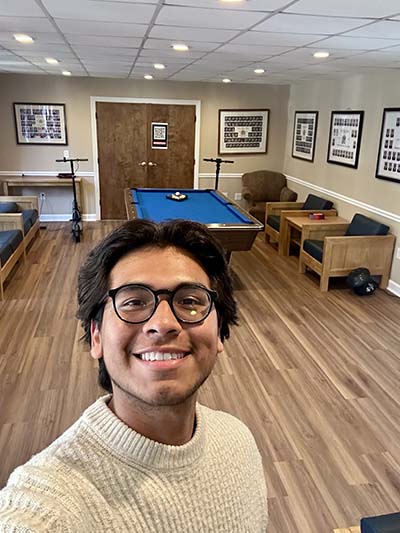
Computing Student Launches First-Ever Hacker House on Campus
For Georgia Tech computer science student Yamil Quispe, the idea was simple: create a space where passionate people could build, collaborate, and launch ideas together. That vision led to the Georgia Tech Hacker House, which Quispe calls the first-ever residency for builders on campus.
Located at 160 6th St NW, the Hacker House offers 10 rooms and 20 spots in a nine-month live-in program for students working on startups, research, or creative projects.

“Every resident becomes part of the founding committee that shapes the house culture,” Quispe said.
Inspired by the Bay Area
The idea stemmed from Quispe’s summers interning at tech companies in the Bay Area. During these summers, he visited hacker houses while working on his startup, Sideye, an anonymous messaging app.
“I loved the energy and community. I wanted to bring that same environment back to campus—essentially bringing the Bay Area to Atlanta,” he said. “I wanted to live with my co-founders to work more effectively.”

The opportunity came when a friend mentioned a fraternity house with open rooms. Quispe contacted the house manager and signed a contract to rent it out for the upcoming academic year.
A House Built for Builders
Running from August 10, 2025, to May 10, 2026, the house will bring together students building in areas like B2B SaaS, AR/VR, and social media. Some residents have co-founders, others work solo—but all have a project to focus on.

“There are no extra fees beyond rent,” Quispe said. “But we’re still exploring partnerships to add more resources for everyone in the house.”
Participants will have access to workspaces, mentorship from Georgia Tech alumni, and connections to industry professionals.
“We’ll host regular hackathons, workshops, and speaker sessions with interesting guests,” he said. “It’s all about holding each other accountable and growing personally and professionally.”
A Wave of Interest
Interest in the house took off almost immediately.
News of the Hacker House spread quickly across LinkedIn, Reddit, Discord, and Instagram.
“Meeting the selected members in person and seeing their excitement was by far the best part,” Quispe said.
In just three weeks, nearly 180 students applied for the 20 spots. The selection process considered potential and what residents could contribute, such as hosting events or bringing in mentors. Only two spots remain for the upcoming year, and a waitlist of over 20 students has already formed for fall 2026.
Looking Ahead
Quispe hopes the Hacker House will eventually become an official part of Georgia Tech and inspire similar spaces at other universities.
Quispe advises other students hoping to build something on campus to just get started.
“You don’t need everything figured out from the start,” he said. “Don’t underestimate your ability; sometimes it’s as simple as asking the right questions or knocking on the right door. The best ideas often take unconventional paths, so be open to unexpected opportunities like renting a frat house to start a hacker house.”
As computing revolutionizes research in science and engineering disciplines and drives industry innovation, Georgia Tech leads the way, ranking as a top-tier destination for undergraduate computer science (CS) education. Read more about the college's commitment:… https://t.co/9e5udNwuuD pic.twitter.com/MZ6KU9gpF3
— Georgia Tech Computing (@gtcomputing) September 24, 2024


